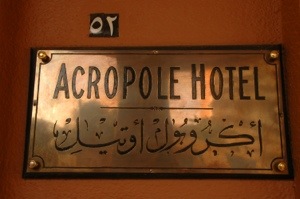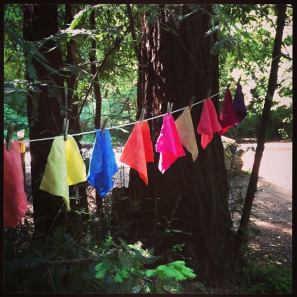I suspect that people who love football, who idolize and worship football, think that people who would ever criticize the game just don’t understand it or love it like they do. Maybe they are right, but maybe their passion carries them beyond being thoughtful, reasonable, or realistic about it. (That sentence makes me think of Penn State, but that is not where I intend to go here.)
Today I’m thinking about the players, the stars of the spectacles that we all get so much enjoyment from watching. Even the relatively unknown players are stars of the show. They are on the field, they are on the sidelines, they practice. They take hits.
I know it’s not going to happen, so don’t argue with me about being unrealistic, but I’m thinking a lot about what if there were no more football? Not just how much I would miss it, or how lost my husband and millions of other people would be all fall, but what would our world be like without football? Not the if-football-never-existed wondering, but if the football culture we are all part of (even those who have never watched a game and don’t know a single player or rule) just…stopped.
I can’t even imagine exactly how we would get to that point. But I have been following the increasingly numerous and inescapable reports about brain injuries, players committing suicide, former players living lives of depression, pain, and poverty. And I feel more and more like the dark side of what we love so much is just becoming too dark for me. What if it became too dark for all of us?
Sure, all those amazing athletes would be out of work, those giant salaries would be gone, that would be terrible for them. There’re also all the coaches, trainers, assistants, equipment managers, refs, cheerleaders, and everyone else who is involved in the game. Everyone at the stadium — selling tickets, providing security, selling food, directing traffic, ushering, cleaning up.
All the people who broadcast the game — camera people, announcers, producers, directors, assistants, I’m sure the credits after the game don’t mention the name of every single person employed by Monday Night Football, Sunday Night Football, and all the rest.
The people who design and make and sell all that equipment. Balls, uniforms, padding, shoes, nets, frames, hats, helmets… Things the players wear, the coaches use, the trainers work with, the groundskeepers drag around…
I’m sure I’ve just scratched the surface, and it spirals out from there… Businesses near the stadium. Products, unrelated to football, advertised during football games–beer, trucks, cop shows, burgers.
The aspects of our culture that are football-influenced or related or adjacent are innumerable. And profitable. And important to many many people’s lives and livelihoods. And I haven’t even mentioned college football except for that glancing reference to Penn State. The scope of football’s influence on our economy and culture is not something I can effectively quantify here except to spread my arms really really far apart and say “It’s THIS big!” Very big.
Maybe as big as the auto industry? Comparable, I think, in its tentacled-ness. So, when it comes time to shine a harsh bright light of examination on it, and it looks ugly, any wonder we want, even need, to shut that damn light off?
Are some men losing their minds for this game? Is it too big to stop? What would it cost? How much pain and suffering would come from the end of football, if such a thing were even possible? So — do we sacrifice these players for the good of this industry that so many people love and depend on?
I don’t know the answers to these questions. I wish I didn’t have them.
More and better on this subject ——————–
Patrick Hruby, Game Over Sports on Earth
Dave Zirin, Junior Seau’s Family Will Allow His Brain to Be Studied
Jason Whitlock FoxSports
Bob Costas Slams Gun Culture Salon
“ESPN reporters Mark Fainaru-Wada and Steve Fainaru are writing a book about football and brain injuries, to be published in 2013 by Crown Books, a division of Random House. FRONTLINE, in partnership with ESPN’s Outside the Lines, is producing a documentary based on the reporters’ research. This article is a product of these partnerships.” PBS
Ben McGrath “Does Football Have a Future?” The New Yorker
Amy Davidson “Kill the Head” New Yorker Online
Alan Schwarz NYT



